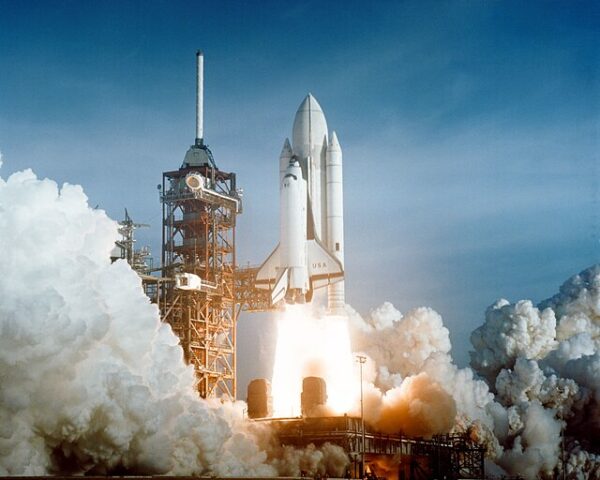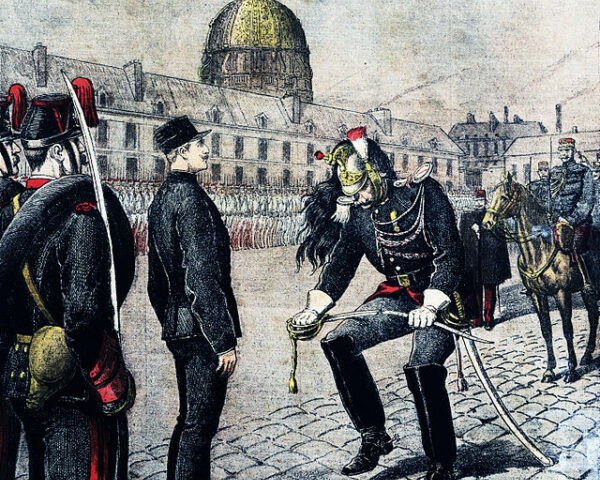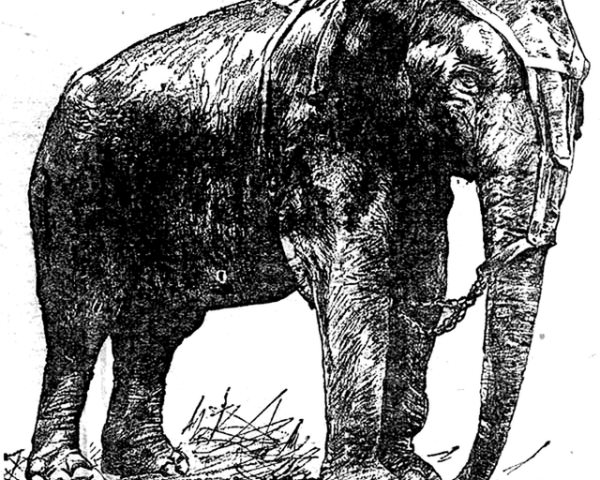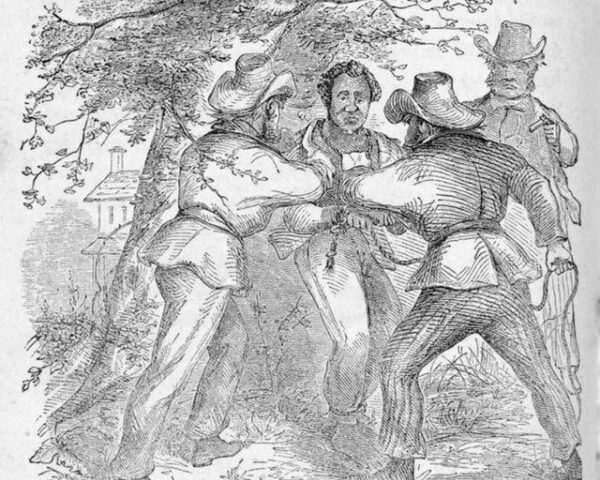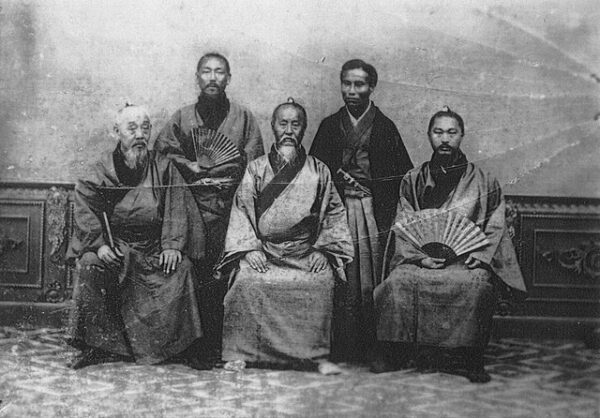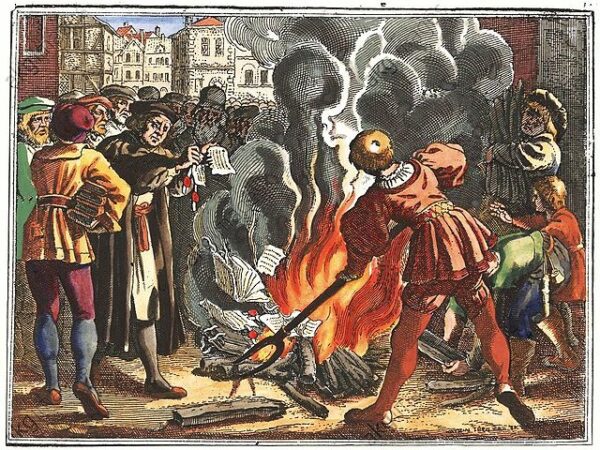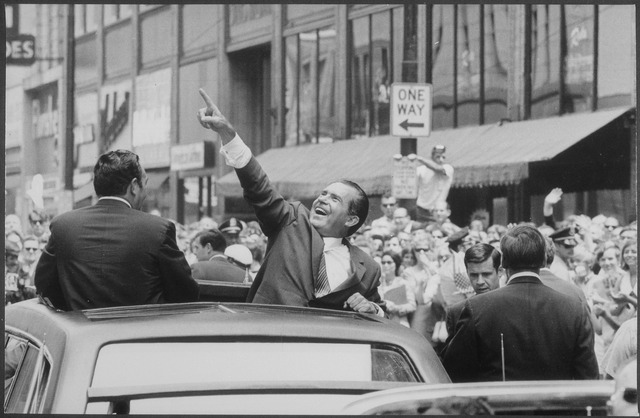On January 5, 1972, President Richard Nixon delivered a landmark announcement that would shape the future of American space exploration: the initiation of the Space Shuttle program. Speaking from the White House, Nixon presented his vision for a reusable spacecraft designed to make space…
Read MoreOn January 5, 1895, Alfred Dreyfus, a French army office, was stripped of his rank and sentenced to life imprisonment on Devil’s Island, a penal colony off the coast of French Guiana. The Dreyfus Affair was a political scandal that divided France from the…
Read MoreOn January 4, 1999, Jesse Ventura was sworn in as the 38th governor of Minnesota, marking one of the most unexpected political ascents in modern American history. A former professional wrestler, Hollywood actor, radio host, and Navy veteran, Ventura entered office not as a…
Read MoreOn January 4, 1903, one of the most disturbing events in the history of animal welfare occurred at Coney Island’s Luna Park. Topsy, a 28-year-old Asian elephant, was publicly electrocuted in a grim display that merged human cruelty with technological ambition. The event was…
Read MoreIn January 4, 1853, Solomon Northup finally breathed the sweet air of freedom again. Northup was an African-American man born in July 1808 in Minerva, New York. Born a free man in a time when slavery was still legal in the United States, Northup…
Read MoreOn January 3, 2020, the Middle East — and much of the world — awoke to news that dramatically reshaped global geopolitics: Qasem Soleimani, one of Iran’s most powerful military figures, had been killed in a U.S. airstrike near Baghdad International Airport. The targeted…
Read MoreOn January 3, 1868, Japan experienced a transformative event that forever changed its political, social, and economic fabric—the Meiji Restoration. This monumental turning point marked the collapse of the Tokugawa shogunate, a feudal military government that had controlled Japan for over 260 years, and…
Read MoreOn January 3, 1521, Pope Leo X issued the papal bull Decet Romanum Pontificem, a move that reshaped Christianity in Europe and excommunicated Martin Luther from the Catholic Church. Born in 1483 in Eisleben, Germany, Luther’s journey toward excommunication began in earnest in 1517 when…
Read MoreOn January 2, 1974, President Richard Nixon signed legislation imposing a nationwide maximum speed limit of 55 miles per hour. This historic decision was a direct response to the energy crisis triggered by the Organization of Petroleum Exporting Countries (OPEC) oil embargo. Facing fuel…
Read MoreThe Battle of Ap Bac, fought on January 2, 1963, marked the first major combat test of the South Vietnamese Army (ARVN) against the Viet Cong (VC) insurgency during the Vietnam War. The battle occurred in the Mekong Delta region of South Vietnam, near…
Read More

